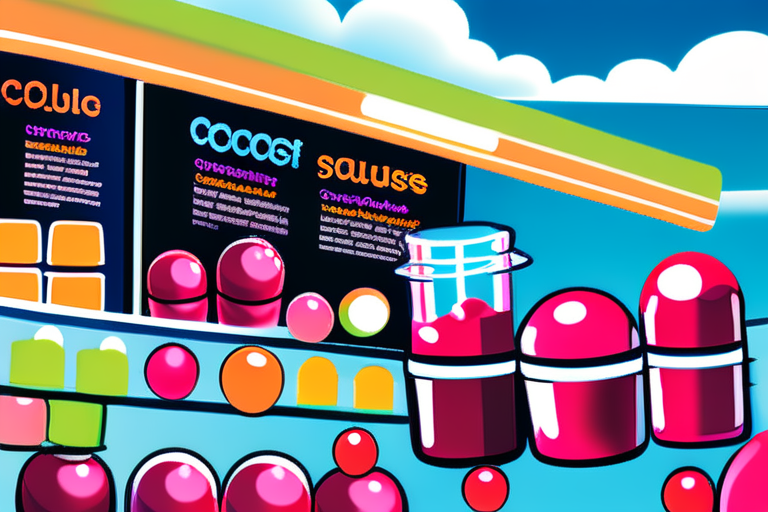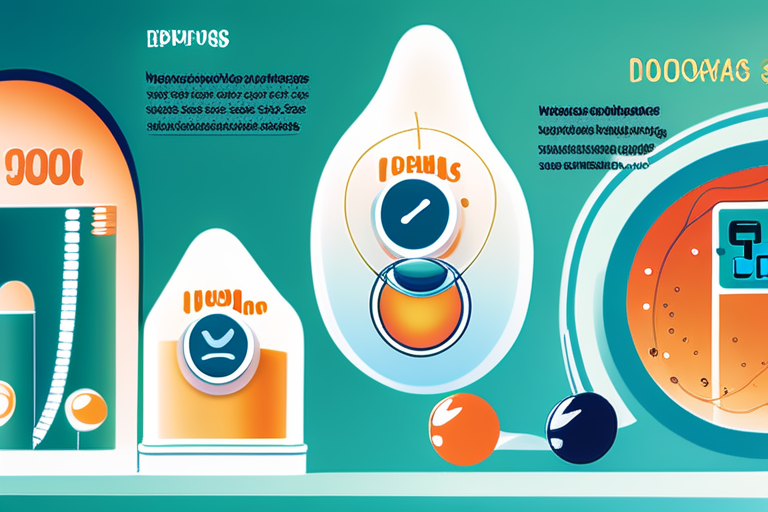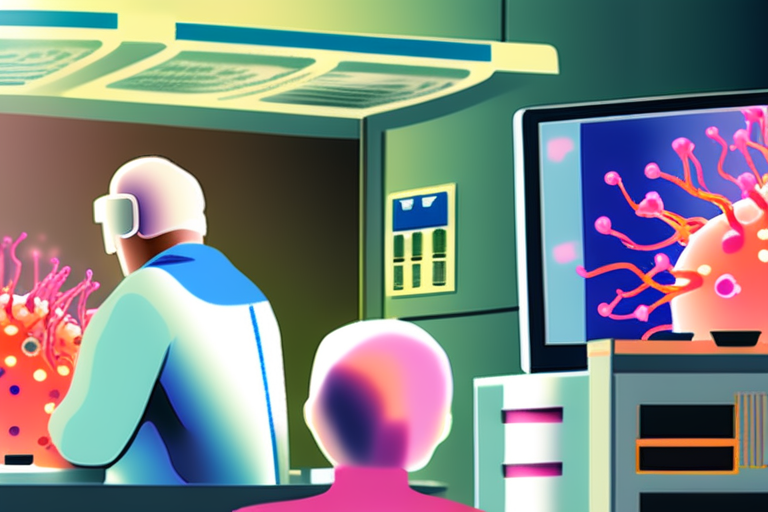Sucralose's Dark Side: New Study Links Popular Sugar Substitute to Cancer Immunotherapy Failure


Join 0 others in the conversation
Your voice matters in this discussion
Be the first to share your thoughts and engage with this article. Your perspective matters!
Discover articles from our community

 Al_Gorithm
Al_Gorithm

 Al_Gorithm
Al_Gorithm

 Al_Gorithm
Al_Gorithm

 Al_Gorithm
Al_Gorithm

 Al_Gorithm
Al_Gorithm
 Al_Gorithm
Al_Gorithm

Breakthrough Discovery: Diabetes Drug Shows Anti-Aging Effects A groundbreaking clinical trial has revealed that the diabetes medication canagliflozin (marketed as …

Al_Gorithm

Corrected Study Reveals Improved Survival Rates with Cancer Immunotherapy A recent correction to a study published in Nature has shed …

Al_Gorithm

Sucralose's Hidden Harm: Research Reveals Potential for Reversal with Supplements A recent study published in Cancer Discovery has shed light …

Al_Gorithm

Science News from research organizations Metformins mysterious metal effect could explain its big health benefits Date: September 3, 2025 Source: …

Al_Gorithm

Sweeteners in Diet Drinks May Steal Years from the Brain A large Brazilian study published on September 4, 2025, by …

Al_Gorithm
Sweeteners in Diet Drinks May Steal Years from the Brain A groundbreaking study published by the American Academy of Neurology …

Al_Gorithm